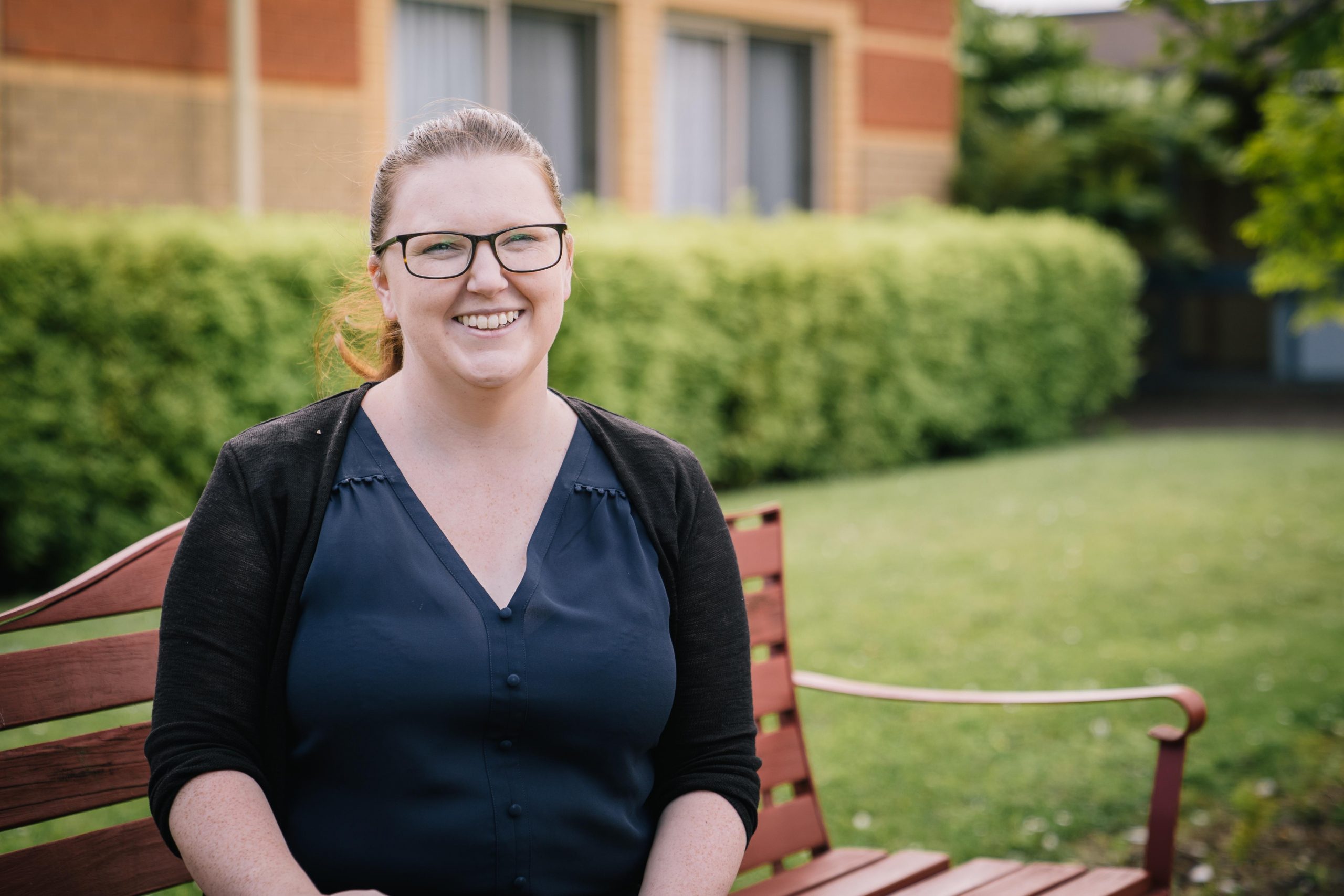Both the Australian College of Rural and Remote Medicine (ACRRM) and Royal Australian College of General Practitioners (RACGP) have agreed on the following definition of what a Rural Generalist is:
‘A Rural Generalist is a medical practitioner who is trained to meet the specific current and future healthcare needs of Australian rural and remote communities, in a sustainable and cost-effective way by providing both comprehensive general practice and emergency care and required components of other medical specialist care in hospital and/or community settings as part of a rural healthcare team.’
So why become a Rural Generalist?
As a rural generalist you will experience a diversity of patients and scope of practice using a wider range of procedural skills working across both private practice and hospital settings. You also have the opportunity to sub-specialise in a wide variety of specialities including obstetrics, anaesthetics, mental health and many more. While doing this you can have autonomy in running your own practice and developing long term relationships with your patients. Diversity and flexibility in your work is what makes rural generalism so attractive.
Regional communities rely on their doctors both for their health and as leaders in their communities, where they are part of the foundation that makes a sustainable thriving community. With greater flexible working hours, regional communities are great places to raise children, and explore the natural environment of South Australia and it’s many attractions.
Dr Jessica Farrar
The Australian College of Rural and Remote Medicine describes the competencies of a Rural Generalist Medical practitioner as:
- Providing expert medical care in all rural contexts
- Providing primary and secondary care
- Respond to medical emergencies
- Applying a population health approach
- Work with Aboriginal, Torres Strait Islander and other culturally diverse communities to improve health and wellbeing
- Practice medicine within an ethical, intellectual and professional framework; and
- Provide safe medical care while working in geographical and professional isolation
Training in regional communities
The Rural Generalist Program South Australia (RGPSA) is implementing a coordinated structured training system in regional South Australia that allows junior medical officers to live work and train to attain fellowship with RACGP and/or ACRRM. Training networks have been set up across defined geographical areas with facilities that can support training from internship through to fellowship. Training networks include the Limestone Coast, Riverland Academy of Clinical Excellence, Flinders and Upper North and Eyre and Far North and Barossa Hills Fleurieu. The Yorke and Northern training network will commence for the 2025 training year.
The training experience is designed to offer the core competencies required for FARGP, FRACGP-RG or FACRRM and an array of supports:
- Training tailored to both your training needs and aspirations and the needs of the community
- Mentoring and career advice and support
- Advanced skills training in anaesthetics, obstetrics & gynaecology, paediatrics, mental health, adult internal medicine, palliative care, Aboriginal health, remote medicine and emergency medicine
- Support for family and partners
- Assistance with access to financial supports and grant and complimentary programs
- Ongoing monitoring and quality control of the training environment to ensure you get the best experience throughout
Regional South Australia
Related topics
ACRRM – Rural Generalist Curriculum
Specific curriculum structure for rural generalist training on the ACRRM pathway
RACGP - Curriculum for Australian General Practice
Curriculum for Australian General Practice – Under Review
Workforce Incentive Program – Doctor Stream
To encourage medical practitioners to practise in rural and remote communities and promote careers in rural medicine




